NYC to pay 15 homeowners up to $400K to build apartments on their properties

Image courtesy of the NYC Department of City Planning
The city’s Department of Housing Preservation and Development (HPD) on Tuesday launched the “Plus One ADU” pilot program to help qualifying homeowners add an additional small home on their properties, known as an accessory dwelling unit. The city will pay 15 owners of single-family homes up to $395,000 to build the units, which could be backyard cottages, attic conversions, garage studios, basement apartments, or in-law suites. The pilot program aims to spur the creation of affordable housing amid the city’s current crisis while also providing homeowners with extra income.
The pilot program aligns with Mayor Eric Adams’ “City of Yes for Housing Opportunity” plan released in September, which proposes updating restrictive zoning rules to allow for the creation of 100,000 new apartments over the next 15 years. This could mean building new homes in places previously not allowed, like above businesses, in vacant offices, and on campuses.
While the City of Yes plan enters the review process, the Plus One ADU pilot program can launch immediately within existing city zoning rules.
“Through Plus One ADU we’re sending a clear message that New York City is in favor of building new housing – quite literally – in our backyards,” Adolfo Carrión Jr., HPD Commissioner, said.
“This exciting new program provides a lifeline to New Yorkers – from the multi-generational family hoping to keep their loved ones close, to the older New Yorker looking to stay in a neighborhood they love. If we’re going to meet the moment and provide the housing New Yorkers need, we must say ‘yes’ to a little more housing everywhere – and that literally means everywhere.”
Homeowners eligible to participate in the pilot program cannot earn more than 165 percent of the area median income or $186,450 for a two-person household. Preference will be given to homeowners who earn at or below 100 percent of the area median income, or $113,000 for a two-person household.
The following types of buildings are eligible for ADUs:
- One-unit, single-family detached residential homes.
- Homes that allow for two-family construction under the existing building and zoning codes.
- Homes that can pass a housing quality inspection and need no major repairs other than repairs that are essential to the ADU construction scope.
- Homes that are free of housing or building code violations prior to receiving program financing, unless the violations are directly related to ADU, or the owner must agree to address all existing violations prior to ADU construction completion.
- For basement apartment conversions, the ADU space must meet ceiling height requirements prior to conversion and be located outside of the 2050 Stormwater Flood area as well as the 2100’s 100-year coastal flood zone.
The pilot program is one effort to chip away at the city’s housing crisis. Easing the restrictions on creating smaller housing units like basement apartments, cottages, and other types of extra units has been adopted by other cities and states facing high housing costs and low supplies, according to the New York Times.
According to the city, this type of housing also supports working and middle-class families, seniors who want to spend their retirement years in their neighborhood of choice, young parents in need of space for extended family, kids returning from college, and homeowners looking to earn extra income.
“Every day, our administration finds new ways to make life a little easier for working-class New Yorkers and give them the tools they need to thrive in this city. By paving the way for easier, more affordable accessory dwelling unit conversion, we are delivering a tangible win for families,” Mayor Eric Adams said in a press release.
“Whether it’s for seniors who need space for a caregiver, a multigenerational household who want separate living spaces, or young parents with a little one on the way, an ADU can offer the flexibility families need to make New York City work for them.”
Homeowners interested in applying have until February 13, 2024 to complete a participant survey to be considered for the pilot program.
RELATED:
Get Insider Updates with Our Newsletter!
Leave a reply
Your email address will not be published.
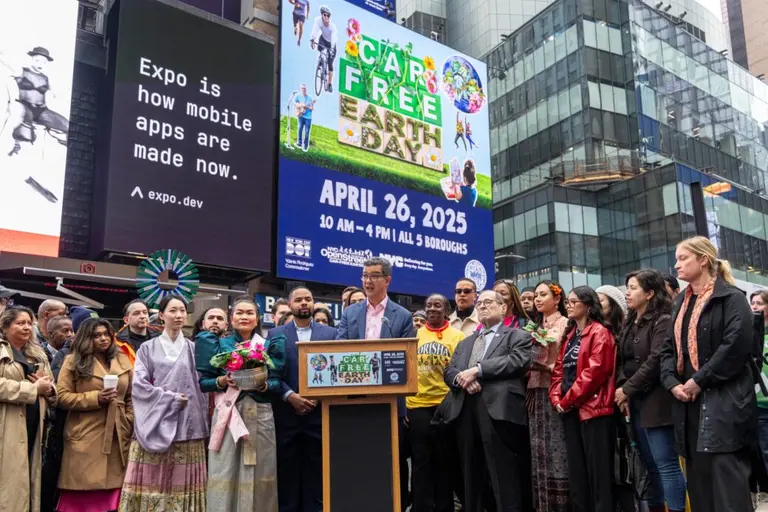
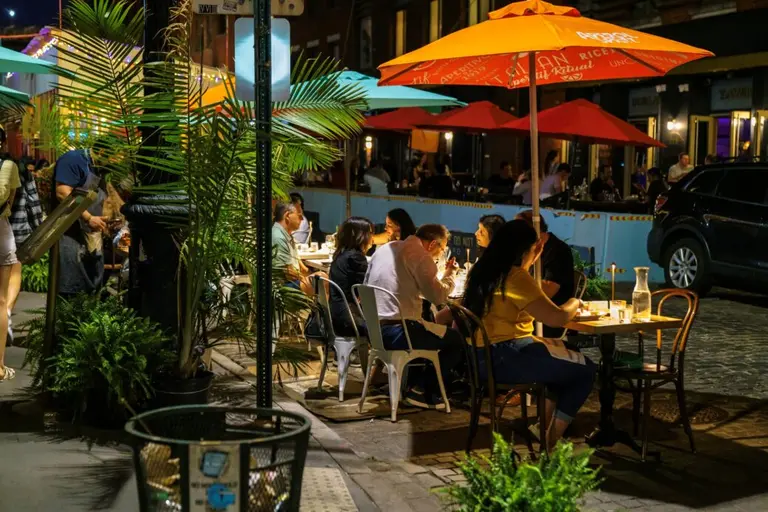


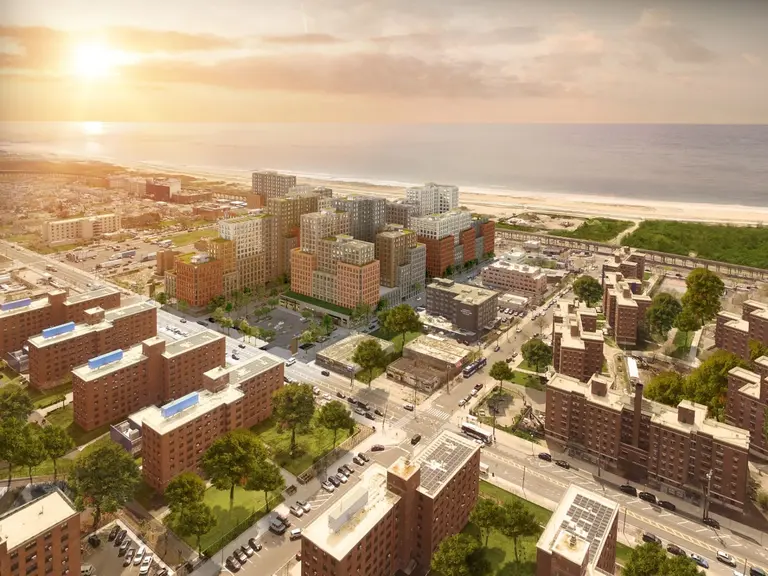







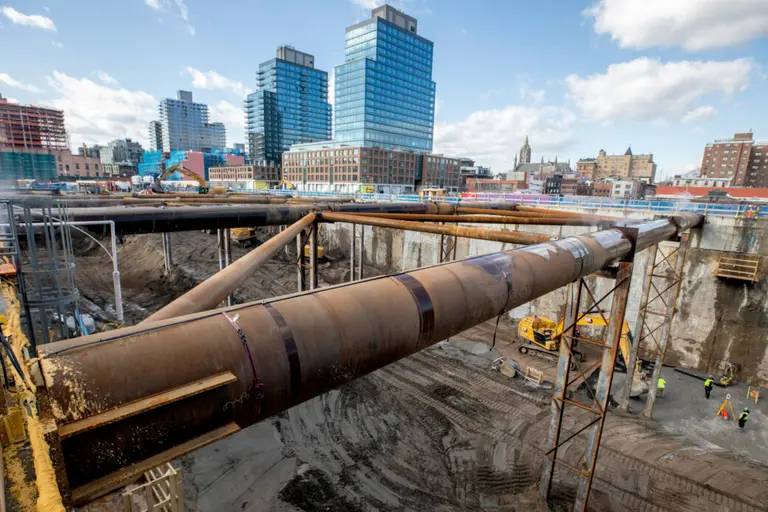

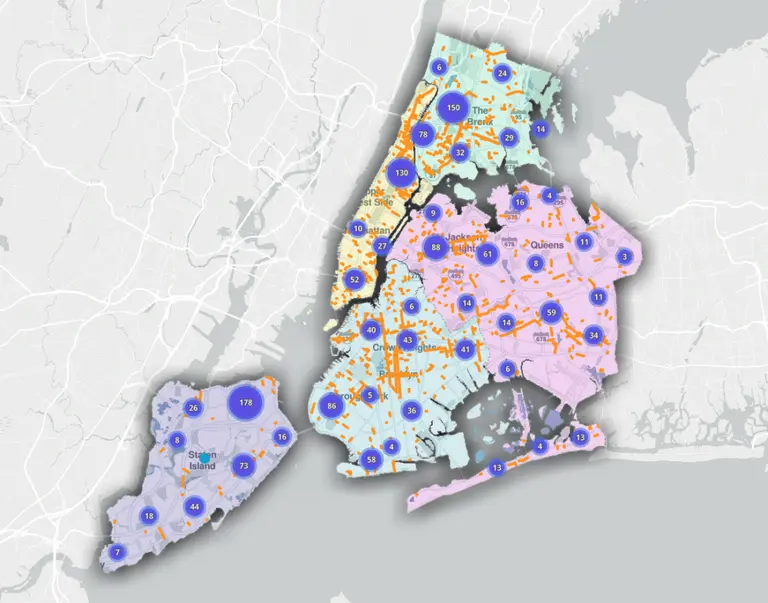
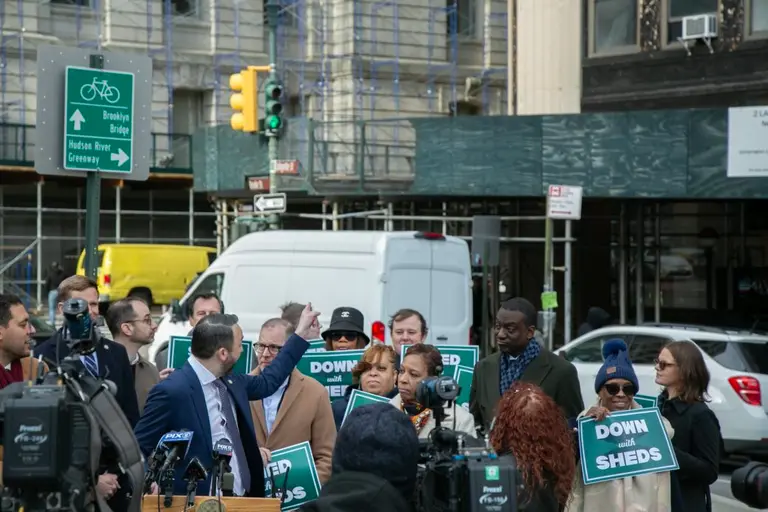












I know the needs are there but does the housing demand free up basement apartment so they could be legal
Real nice. So give $400k to people who are already lucky enough to own a place…enable them to make even MORE income from a new rental property…when instead, how about giving the rest of us who DON’T own property that same $400k, so that some of us can pool together to build our own properties? Or, give the rest of us RENTERS, something. Like maybe no more rent increases? Something. Just so unfair that people who already own homes are being given free money by the city.
[…] for three-to-five-story residential developments close to public transit, accessory dwelling units like backyard cottages, office buildings constructed before 1990 to become housing, legalization of single-room occupancy […]